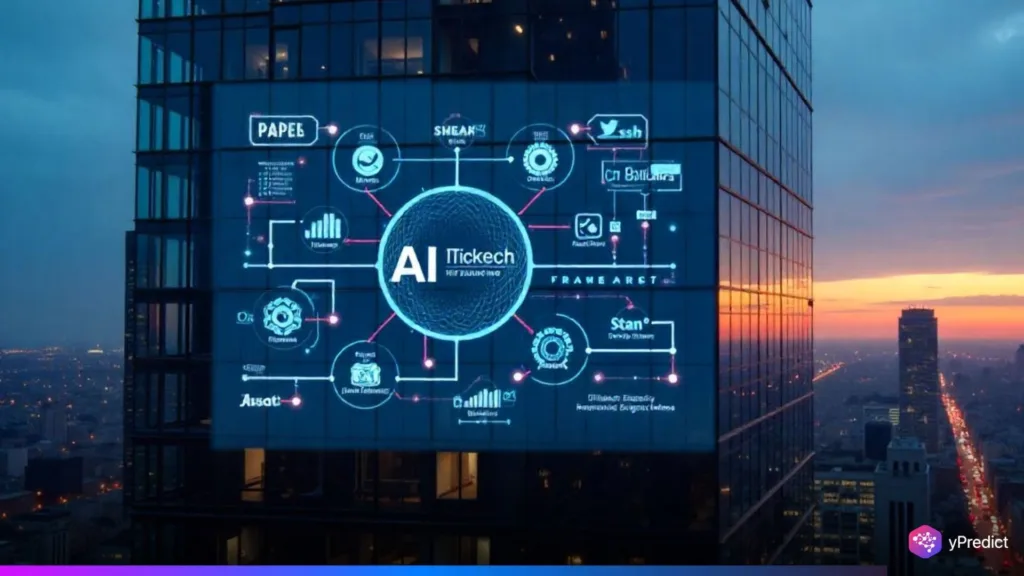
Artificial intelligence (AI) and biotechnology are transforming healthcare personalized medicine and diagnostics. As this interdisciplinary innovation grows, the potential for misuse also heightens. Now, with many AI-bio tools emerging and globally gaining access, it will become a critical challenge with India’s lack of a regulatory framework. In this article, we will discuss why there is an urgent need for India to establish a governance framework for the convergence of AI and biotechnology.
AI-Biotech’s Dual Potential
AI’s capacity for data processing and interpretation has an enormous value in biotech – from diagnosing diseases to creating therapeutics. However, those same capabilities can also be maliciously repurposed. AI-bio tools can simulate the development of bioweapons, enhance the pathogenicity of viruses, and identify experimental protocols – raising concerns about national security.
Multiple recent studies demonstrate that large language models (LLMs) such as ChatGPT could help users navigate DNA synthesis protocols. They could even help identify vendors that operate with loose screening. While LLMs don’t conveniently and easily develop the creation of bioweapons, they do eliminate barriers to information in an impactful way. This dual-use element emphasizes the need for effective safeguards.
India’s Governance Gap in AI-Biotech
Globally, countries like the US and UK have started laying the groundwork for AI governance. India, however, lags in addressing the convergence of AI and biotechnology. Despite being a signatory to the Bletchley Declaration and launching the IndiaAI Mission, India lacks concrete policies addressing the dual-use risks of AI-bio tools.
Red-teaming exercises—where threat scenarios are simulated—are vital to assess India’s current and future exposure to AI-enabled bioweapon threats. These exercises can inform threat models, policy responses, and national security protocols.
Policy Solutions for a Safer AI-Biotech Future
To protect national security and preserve scientific integrity, India must act quickly and design focused policy measures to combat the threats of AI-biotech convergence. The most important first step is to require a Know Your Customer (KYC) procedure in the buying of biological materials. Gene synthesis companies should be obligated to screen buyers of oligonucleotides with the IKSC and SecureDNA procedures as examples.
India Must Act Before It’s Too Late
AI-biotech convergence is not only a future concept as it is now, it is a current reality. Its advances offer some revolutionary benefits for public health but also pose complicated risks like bioweapons and misinformation. India should address its vacuum of policy with an organized scientifically rooted governance framework, to ensure that the innovations in ai-biotech converge do not compromise national security.






